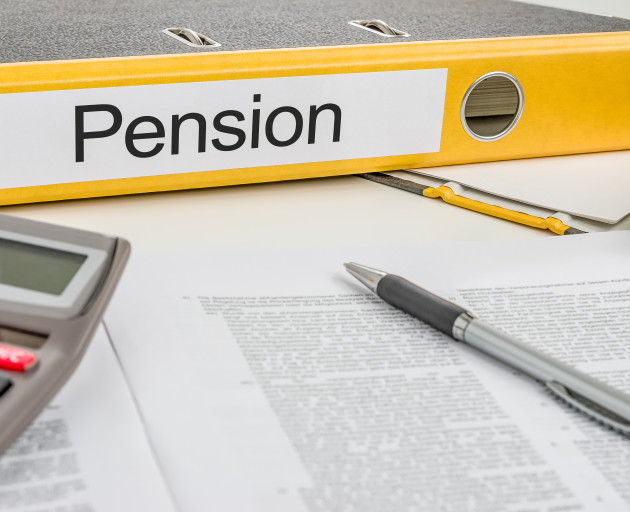Pensions basics
 Contributions
Contributions
In workplace pension schemes you will pay a contribution to your pension. This will be deducted from your monthly salary and the amount you pay reduces the amount of tax you pay.
As well as your contribution from your salary, Imperial also pays a contribution to your pension. The percentage contribution varies depending which scheme you are in but, on average, Imperial pays 2/3rds of the total contribution each month.
Imperial also operates a salary sacrifice scheme for pension contributions called PensionSmart. Salary sacrifice means that you exchange the amount of your monthly pension contributions for a lower salary instead. The same amount is still paid to the pension scheme, but this means you pay lower National Insurance contributions.
So, for example, if you pay tax at 20% and are in the SAUL pension scheme, then a total contribution to your pension of £366 would cost you only £68. This is due to tax, National Insurance relief, and Imperial's contribution, as shown below.
| Employer contribution | 266* |
| Employee contribution | 100* *Total contribution: 366 |
| Tax relief | 20 |
| NI saving | 12 |
| Net cost | 68 |
Types of pension scheme
There are two main types of workplace pension. The first is called Defined Benefit. This type of pension allows you to build up a retirement income that is based on your salary when you leave the scheme and the length of time you pay in for. The pension you receive is based on a formula using both salary and length or service and this means that the pension you will receive can be predicted. Your pension is then usually increased by an inflation amount each year and is guaranteed to be paid until your death.
This type of scheme allows you to better plan for your retirement as you know how much you’ll have, but it doesn’t always give much flexibility in the way the pension is paid. You must take a pension income from this type of pension. You may be able to exchange some of it for cash but there are limits to how much you can exchange, and you can only do this at retirement. The pension scheme we operate for our support staff, SAUL, is an example of a Defined Benefit pension scheme.
Another type of pension is called Defined Contribution. In this type of scheme, you have an individual savings pot which contains your contributions along with those from Imperial. At retirement you draw your savings from this pot, which contains the contributions paid in along with any investment returns that have been earned by the scheme investing in stocks and shares.
In this type of scheme, you have more options around how you draw from it when you decide to retire. You can either draw the whole sum out as cash, or draw some cash and leave some invested. Or you can choose to buy a guaranteed income (also known as an annuity).
The pension scheme we operate for our academic and comparable posts, USS, is a hybrid scheme that has some Defined Benefit and some Defined Contribution.
Saving for retirement
The earlier you start to save for retirement the more you could have in retirement. As a general guide it’s suggested that whatever age you are, you save half this amount as a percentage of your pay. So, if you start pension saving at 30, saving 15% of your pay into your pension should be enough to give you a good level of retirement savings. The 15% would be made up of contributions from you and from Imperial. This post from Money Saving Expert explains how this works and gives more reasons why you should save for your retirement.
Depending on what age you are when you enter full-time employment your working life could be anywhere from forty to fifty years. Today, the average life expectancy for men is 85 and 88 for women. However, there is a 1 in 4 chance of living to 95. This means that your retirement income may need to last you at least 20 years and possibly more.
In addition to your workplace pension, if you have at least ten qualifying years on your National Insurance record you’ll be entitled to receive a state pension. To count as a qualifying year you need to earn at least £6,240. To receive the maximum level of state pension you must have at least 35 qualifying years. If you have less than this you will receive a proportion of the full entitlement.
It’s really important to start planning for your retirement as early as you can. To help with this we provide free financial planning workshops where you will have the opportunity to gain a clear picture of your financial situation.
Pension Scams
Don’t let scammers enjoy the retirement you’ve worked hard for. Anyone can be the victim of a pensions scam. Its really important to recognise the warning signs. This video shows you what to look out for.



